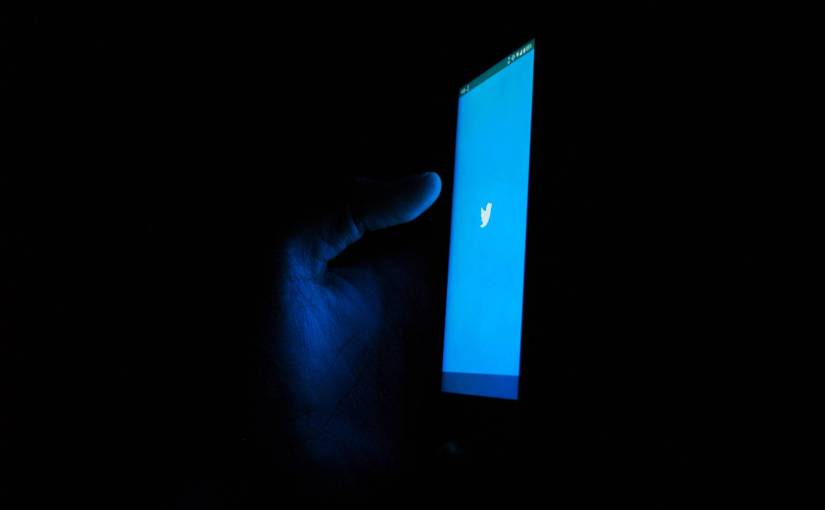In a dramatic turn of events, Twitter has threatened Meta, the parent company of Facebook, with legal action after Meta released Threads, a competitor to Twitter. This action demonstrates that Twitter sees Threads as a competition for its position as the dominant microblogging platform. Trade secret theft is at the heart of the lawsuit, which accuses Meta of poaching former Twitter workers. The future of social media and the competitive landscape in the industry is under scrutiny as the battle between these tech giants heats up.
In a letter to Meta’s CEO, Mark Zuckerberg, Twitter’s attorney Alex Spiro accused the company of “systematic, willful, and unlawful misappropriation of Twitter’s trade secrets and other intellectual property.” The letter claims that Meta knowingly employed ex-Twitter workers who had access to sensitive company data and who had participated in the design and development of the Threads platform. Twitter has demanded that Meta immediately stop using any of Twitter’s proprietary or confidential information or trade secrets.
Meta’s spokesperson Andy Stone responded swiftly to Twitter’s claims, saying that no former Twitter employees work on the Threads engineering team. According to Stone’s statement, former Twitter employees did not contribute to the creation of Threads, and there was never any theft of trade secrets. This denial could lead to legal action between the two tech behemoths.
Since Elon Musk paid a record $44 billion to acquire Twitter, smaller microblogging platforms have emerged to compete with the social media giant. Bluesky, backed by former Twitter CEO Jack Dorsey, is a notable competitor to Mastodon, a decentralized social network. Twitter, on the other hand, hasn’t threatened either service with legal action. Threads stand out from other Twitter competitors due to its rapid growth, which resulted in 30 million user sign-ups on its first day and made it the top free app in the iOS App Store.
Twitter’s legal threat may or may not result in court action. It could be a calculated move to stall Meta’s development. University of Richmond law professor Carl Tobias points out that lawyers may make threats without meaning to carry them out. It’s possible to test the waters and see how the accused reacts by employing this tactic. However, lawsuits are still possible; getting Meta bogged down in the legal system could make its operations more difficult and give Twitter an edge.
The war between Twitter and Meta over Threads reflects the constant competition in the social media and microblogging industry. It’s essential to think about how the development of these platforms will affect the future of digital interaction and dissemination of knowledge.
Threads’ popularity shows that users are interested in and willing to try out alternatives to the established social media giants. Increased competition can spur new developments and a wider range of options for consumers and pose a threat to the current market leaders.
Twitter’s threat to sue Meta over Threads is a watershed moment in the history of the social media industry as a whole. Threads has emerged as a significant competitor to Twitter, growing rapidly and gaining traction in the market as Twitter faces increasing competition from smaller microblogging platforms. A potential legal battle between Twitter and Meta has been set in motion by allegations of trade secret theft and the participation of ex-Twitter employees in the development of Threads.
The potential for innovation in the tech sector is highlighted by this conflict between industry heavyweights, which reflects the dynamic nature of social media. It is unclear whether this legal threat will actually result in litigation or if it is a strategic move to impede Meta’s progress. It’s becoming increasingly apparent that Twitter and Meta are locked in a brutal competition for social media supremacy as the future of microblogging unfolds.
First reported on CNN
Frequently Asked Questions
Q: What is the legal dispute between Twitter and Meta about?
A: Twitter has threatened Meta with legal action, accusing the company of trade secret theft and unlawfully employing ex-Twitter workers who had access to sensitive company data and contributed to the development of Threads, Meta’s competitor to Twitter. Twitter has demanded that Meta stop using any of its proprietary information or trade secrets.
Q: How has Meta responded to Twitter’s claims?
A: Meta has denied Twitter’s allegations, stating that no former Twitter employees work on the Threads engineering team and that there was no theft of trade secrets. Meta’s spokesperson has insisted that Threads was not created with the assistance of ex-Twitter employees.
Q: What is the significance of Threads as a competitor to Twitter?
A: Threads is a microblogging platform developed by Meta that has gained significant popularity, with 30 million user sign-ups on its first day. Its growth and success pose a potential threat to Twitter’s dominance in the microblogging industry.
Q: Could this legal threat lead to a court battle?
A: It is uncertain whether the legal threat will result in court action or if it is a strategic move by Twitter to impede Meta’s progress. Threatening legal action could be a tactic to test Meta’s response or create difficulties for Meta’s operations.
Q: What does this conflict between Twitter and Meta mean for the social media industry?
A: The competition between Twitter and Meta over Threads reflects the ongoing battle for dominance in the social media industry. The emergence of strong competitors like Threads and smaller microblogging platforms highlights the potential for innovation and the possibility of challenging the dominance of established social media giants.
Q: How has the acquisition of Twitter by Elon Musk influenced the competition in the microblogging industry?
A: Elon Musk’s acquisition of Twitter for a record $44 billion has brought attention to the microblogging industry and has potentially intensified competition. Smaller microblogging platforms, such as Bluesky and Mastodon, have emerged as competitors to Twitter. However, unlike its response to Meta’s Threads, Twitter has not threatened legal action against these platforms. The acquisition by Elon Musk may have increased the focus on Twitter’s position as the dominant player in the industry.
Q: What could be the implications of a legal battle between Twitter and Meta?
A: A legal battle between Twitter and Meta over Threads could have significant implications for both companies and the social media industry as a whole. It could potentially result in prolonged legal proceedings that could impede Meta’s operations and provide an advantage to Twitter. The outcome of the legal dispute could shape the competitive landscape and influence the future development of microblogging platforms.
Featured image credit: Akshar Dave; Unsplash; Thank you!

















